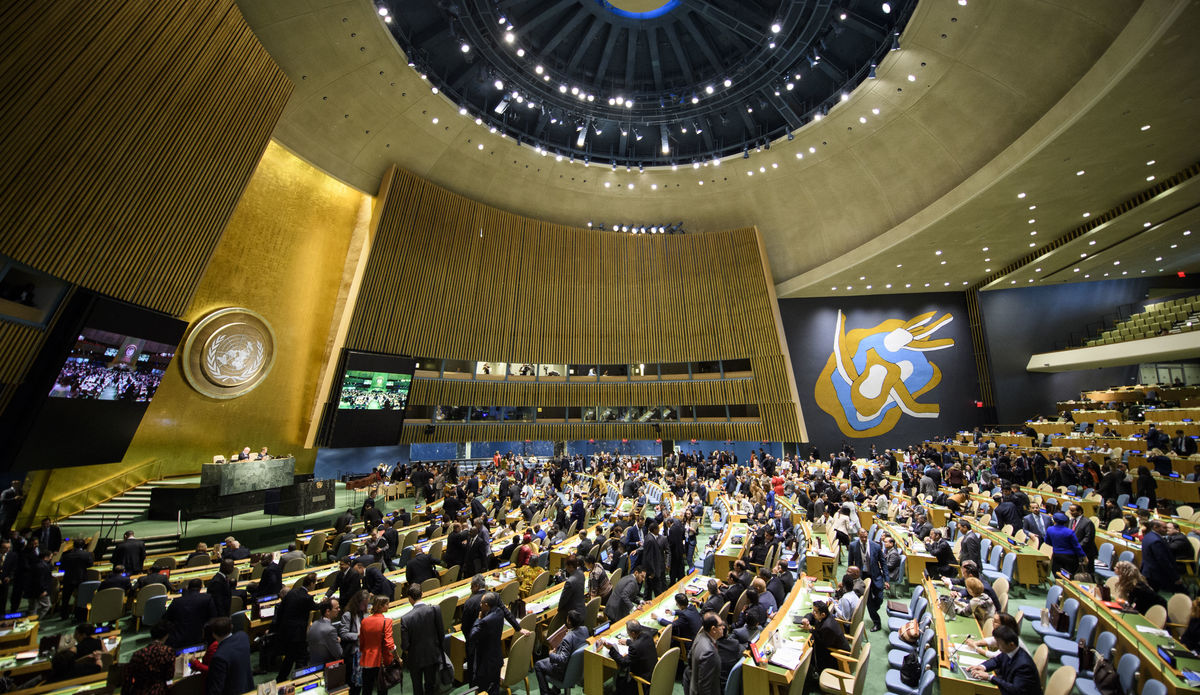The U.N. General Assembly has adopted a comprehensive blueprint aimed at uniting the world’s increasingly fractured nations to confront pressing 21st-century issues, ranging from climate change and artificial intelligence to escalating conflicts, inequality, and poverty.
The 42-page “Pact for the Future” was approved at the start of the two-day “Summit of the Future,” convened by U.N. Secretary-General António Guterres. The document challenges leaders of the 193 U.N. member states to turn their promises into concrete actions that will positively impact the lives of the world’s more than 8 billion people.
“We are gathered to bring multilateralism back from the brink,” Guterres said at the summit’s opening, emphasizing the need for global cooperation to address mounting challenges.
The pact outlines 56 actions focused on eradicating poverty, combating climate change, achieving gender equality, promoting peace, and protecting civilians. It also calls for reinvigorating the multilateral system to “seize the opportunities of today and tomorrow.”
Guterres highlighted key provisions of the pact, along with two accompanying documents: the Global Digital Compact and the Declaration on Future Generations. The pact commits world leaders to reform the U.N. Security Council, making it more representative of the modern world and addressing the historical injustice of Africa’s lack of a permanent seat, as well as the under-representation of the Asia-Pacific region and Latin America.
Significantly, the pact represents “the first agreed multilateral support for nuclear disarmament in more than a decade,” Guterres noted. It also commits leaders to preventing an arms race in outer space and regulating the use of lethal autonomous weapons.
The Global Digital Compact introduces the first universal agreement on international governance of artificial intelligence (AI). It pledges to establish an Independent International Scientific Panel within the U.N. to promote a deeper understanding of AI, its risks, and its potential benefits. Additionally, the compact commits the U.N. to launch a global dialogue on AI governance, bringing together key players from across the world.
Another critical aspect of the pact addresses global health, with commitments to mount a coordinated response to complex shocks, including future pandemics. In a landmark move, the pact also urges governments to actively listen to young people and involve them in decision-making processes.
On the subject of human rights, Guterres condemned rising misogyny and the rollback of women’s reproductive rights, praising the pact for its explicit commitment to dismantling legal, social, and economic barriers that prevent women and girls from reaching their full potential.
“We have opened the door. It is now up to all of us to step through it,” Guterres said, issuing a challenge to world leaders to translate the pact’s commitments into meaningful action.
The adoption of the Pact for the Future marks a critical moment in the U.N.’s efforts to foster global collaboration and address the most urgent challenges facing humanity.

